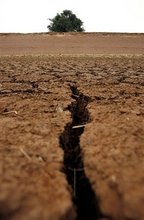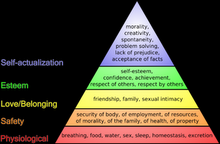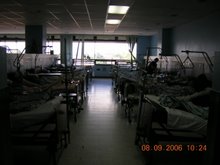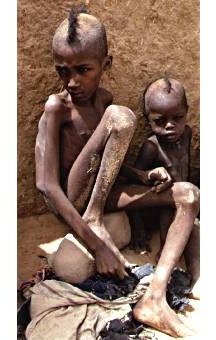I thought of exposure and forces of health three reasons. 1 - immunity from immunizations, 2 - how fortunate enough to live in a sanitary environment, I am to have a high level of health as to be able to fight off foreign diseases, 3 - a pandemic is imminent.
- Immunizations - those countries and people who can afford immunizations at birth (that aren't weighed down with mercury) typically do benefit by being immune to contracting awful diseases like smallpox.
- Rich vs. Poor - "...diseases hide among the poor." That's why Malaria is in S. Africa and not in the USA. The USA has paid for land reform eliminating swamp lands, and curing the people from the disease - so mosquito's can't pass it along.
- most infectious diseases are first introduced to a community kills a handful of people... and a few years later the disease returns as a fiercely fatal pandemic (i.e. the Spanish plague). It kind of makes us think that after SARS in 2003/2004 we were introduced to this corona virus, and since then we as a global community should be humming the jeopardy tune and waiting around for the avian flu to return in a similarly horrid manner.
















